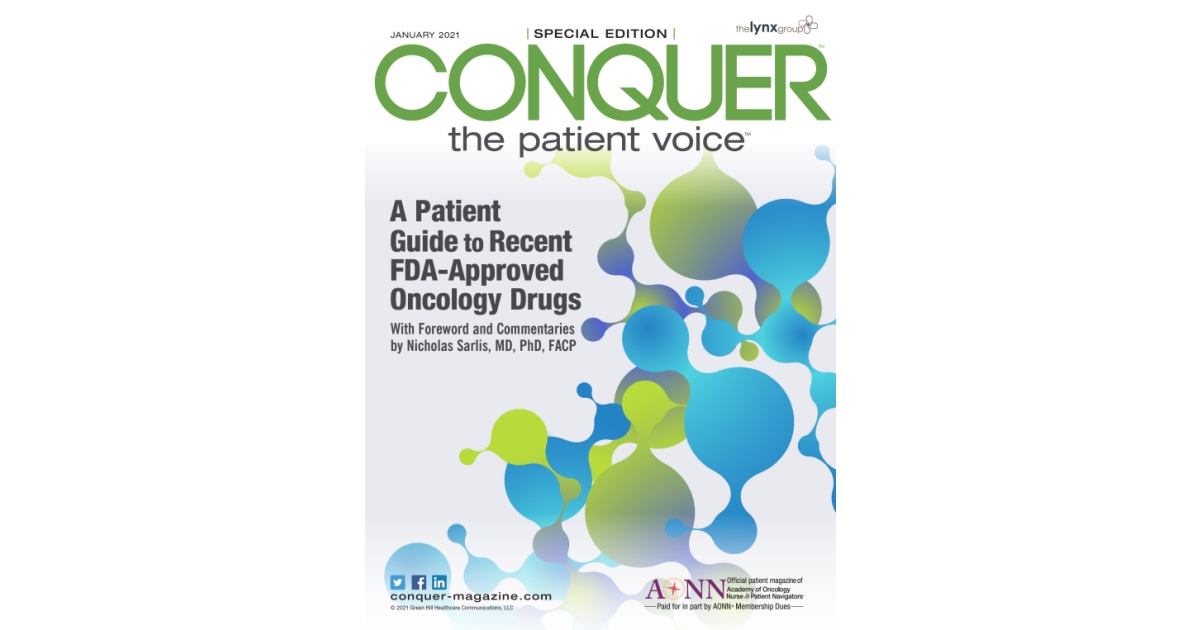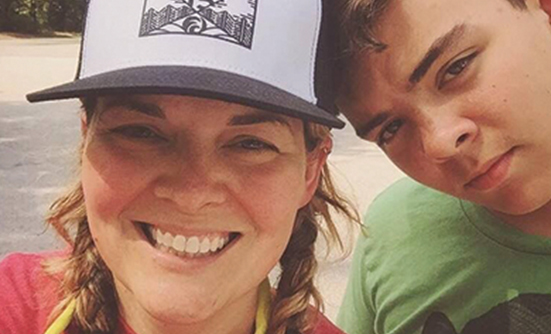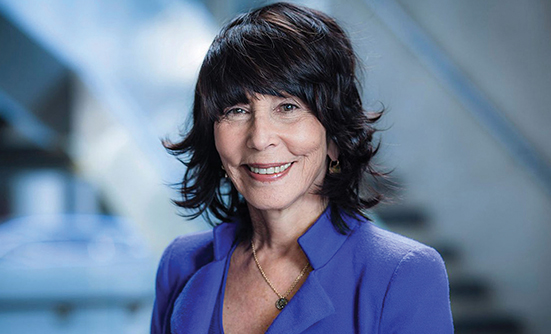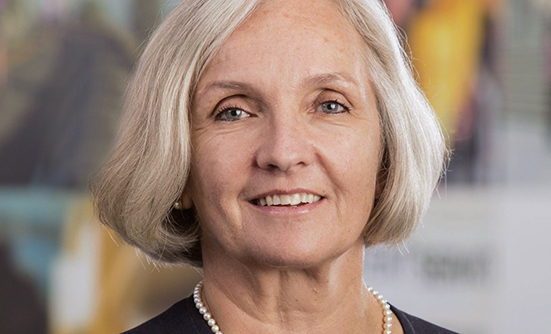
According to Don A. Stevens, MD, Medical Oncologist at Norton Cancer Institute, Louisville, Kentucky, in recent years, more than 70,000 people have been diagnosed with NHL every year, and 20% to 30% of them have follicular lymphoma. Furthermore, follicular lymphoma is responsible for more than 20,000 deaths each year in the United States.
Because follicular lymphoma is a slow-growing type of blood cancer, doctors usually don’t start treatment as soon as the patient is diagnosed with this cancer, but rather monitor the progression of the disease by using frequent blood tests to see if the cancer has advanced.
Although no cure has been found for follicular lymphoma, the number of treatments now available for patients is growing every year, and with it the survival rate is getting better.
Many patients with follicular lymphoma will survive more than a decade with this disease, and the majority of patients will survive at least 5 years or more.
Follicular lymphoma usually has no symptoms at first, and is therefore often discovered only when the person has a blood test for other reasons. Consequently, most people are diagnosed with follicular lymphoma at an advanced stage, after symptoms appear.
Despite the development of new therapies for follicular lymphoma, it still has no cure, and the cancer will normally return (relapse) after a period of remission (no sign of disease). Because this cancer often relapses, or doesn’t respond to one type of therapy (refractory), it is necessary to have many treatment options. This is the reason that new drugs are continuously being developed for this cancer, as well as for other types of cancer.
Ask Your Doctor
Dr Stevens suggests that patients with follicular lymphoma must be proactive about their disease from the time that their disease is diagnosed. It is important to ask your doctor questions about your diagnosis and become informed about when to start treatment.
Patients should be confident that their doctor and their care team have suitable experience in treating patients with follicular lymphoma, Dr Stevens says, so they should feel free to ask about this. If your doctor is not experienced with this type of lymphoma, consider getting a second opinion or finding a doctor with more experience with your cancer type.
Before you get a second opinion, first make sure you consult with your doctor to confirm that all the necessary tests, including next-generation sequencing testing, which looks for gene mutations (changes in genes or chromosomes), have been done, to ensure that the diagnosis you have been given is correct.
You should always feel free to discuss the test results with your doctor and get as much information as you want to understand your situation.
Understanding the Symptoms
It is often difficult to recognize follicular lymphoma, because many of the symptoms—especially swollen lymph nodes that can be caused by common infection, or loss of appetite—also occur with other medical conditions. Because follicular lymphoma is a slow-growing cancer, most patients don’t have noticeable symptoms until the disease has reached an advanced stage, when treatment is needed.
The typical symptoms that lead doctors to suspect follicular lymphoma include:
- Enlarged lymph nodes in the neck, under the arm, or in the groin
- A swollen abdomen
- Feeling “full” after eating small amounts of food
- Persistent fever, chills
- Night sweats
- Fatigue and weight loss
- Anemia (low or abnormal red blood cell counts).
These symptoms usually become obvious when the follicular lymphoma has advanced to stage II or stage III. By the time a patient is aware of these symptoms, it usually means the disease has moved to a more advanced stage.
A diagnosis of follicular lymphoma is usually made through blood tests, in addition to a physical exam. A biopsy of lymph node tissue is used to confirm the diagnosis.
Advances in Treatments
As noted before, patients with early-stage follicular lymphoma will usually be monitored by their doctor. Once the symptoms become more severe, usually in stage II or stage III, the doctor will begin with active treatment.
In recent years, systemic therapies, including new immunotherapies—such as anti-CD20 monoclonal antibodies—have been approved for the treatment of patients with follicular lymphoma. Like other immunotherapies, the new monoclonal antibodies reinforce the body’s own immune system to attack cancerous cells.
Therefore, the treatment of follicular lymphoma has now shifted from chemotherapy alone to starting treatment with a combination of chemotherapy and immunotherapy. Several anti-CD20 monoclonal antibodies have been approved by the FDA, and of these treatments, only 3 are currently approved for use as the first (first-line) treatment for patients with follicular lymphoma, in combination with chemotherapy.
Rituxan (rituximab), an intravenous anti-CD20 monoclonal antibody, is approved, in combination with chemotherapy, as a first-line treatment for follicular lymphoma. The addition of Rituxan to chemotherapy as first-line therapy has been shown to extend patients’ survival by 2 years or more.
However, in most patients, the disease will relapse, and most of the newer drugs that have been approved for follicular lymphoma are approved for use when the disease relapses or in patients whose disease is not responding (refractory) to chemotherapy or to Rituxan.
Rituxan Hycela (Rituxan + hyaluronidase human) is a new version of Rituxan plus another drug, and is also approved as first-line treatment, with chemotherapy, for patients with follicular lymphoma.
In addition, it is approved to be used alone for patients with relapsed or refractory follicular lymphoma, and for use alone after chemotherapy, or in patients who have responded to Rituxan therapy, for maintenance therapy.
Gazyva (obinutuzumab), an intravenous anti-CD20 monoclonal antibody, was the first anti-CD20 antibody to be approved by the FDA for first-line treatment, in combination with chemotherapy, for patients with follicular lymphoma. Gazyva is also approved, in combination with Bendeka (bendamustine), as a second-line therapy for follicular lymphoma in patients who relapse after or are refractory to treatment with Rituxan.
The newest drug to be approved by the FDA for follicular lymphoma is Copiktra (duvelisib), an oral drug that targets PI3K-alpha, a protein that is overexpressed in many B-cell cancers, including follicular lymphoma, and encourages the growth of cancerous cells.
Copiktra was approved by the FDA in September 2018 for the treatment of relapsed or refractory follicular lymphoma in adults who have received at least 2 systemic therapies.
A year earlier, the intravenous PI3K inhibitor, Aliqopa (copanlisib), which targets PI3K-alpha and PI3K-delta, was approved for the treatment of relapsed follicular lymphoma in patients who have received at least 2 previous therapies.
Zydelig (idelalisib) was the first PI3K-delta inhibitor, and the first oral drug, to be approved by the FDA for the treatment of follicular lymphoma. Zydelig is currently approved for the treatment of relapsed follicular lymphoma in patients who have received at least 2 previous therapies.
Finally, Zevalin (ibritumomab tiuxetan), a CD20-directed radiotherapeutic antibody, is approved for the treatment of previously untreated follicular lymphoma in patients who had a response to first-line chemotherapy.
Many new drugs or drugs that are approved for other types of blood cancer are being investigated in clinical trials for patients with follicular lymphoma. Patients who have tried all other treatment options should look into clinical trials to see if they may be a candidate for a novel therapy.
Key Points
- Because follicular lymphoma has few or no symptoms until later, people are often diagnosed at an advanced stage
- New treatment options for follicular lymphoma are added every year, which is increasing patients’ survival
- The treatment of follicular lymphoma has shifted from use of chemotherapy alone to chemotherapy in combination with immunotherapy
- Become familiar with what treatments are available and which choice may be best for your specific situation
Patient Resources
Leukemia & Lymphoma Society
www.lls.org/lymphoma/non-hodgkin-lymphoma/treatment/treatment-for-indolent-nhl-subtypes#Follicular%20Lymphoma
National Cancer Institute
https://seer.cancer.gov/archive/csr/1975_2014/results_merged/sect_19_nhl.pdf
National Comprehensive Cancer Network
www.nccn.org/patients/guidelines/nhl-follicular_lymphoma/38/













